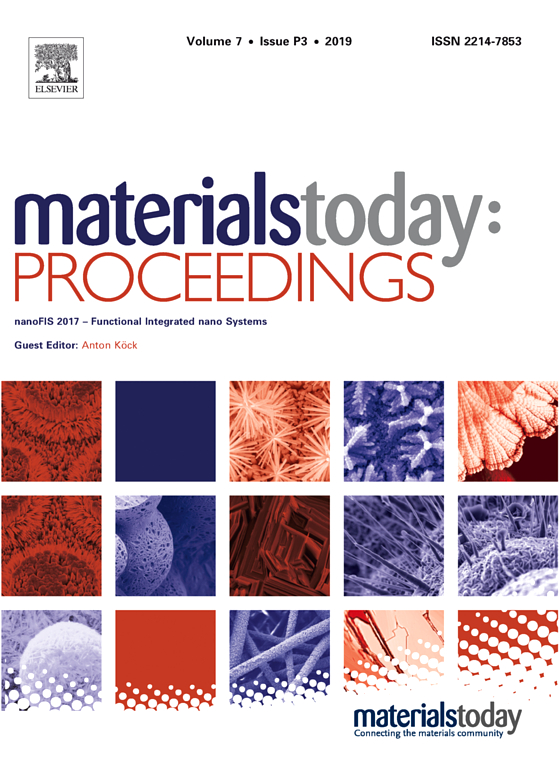
First it was there. Now it’s gone.
In March 2018, three researchers at Atatürk University in Turkey published“Investigation Of The Critical Factors Affecting E-Government Acceptance: A Systematic Review And A Conceptual Model” at the Innovative Journal of Business and Management, where it was freely available during 2018. It has no DOI, and no citations (that I know of).
Now it is gone; the link is redirected to the journal’s general search engine. A search for the title or authors there yields no hits; neither do the Google references to the article nor resources around it. The March 2018 issue has now an unexplained hole from pages 77–84. The Google Scholar index for this article disappeared in March 2019.
What happened? Continue reading A “clandestine retraction” as a paper disappears from a management journal without a trace
 Before we present this week’s Weekend Reads, a question: Do you enjoy our weekly roundup? If so, we could really use your help. Would you consider a
Before we present this week’s Weekend Reads, a question: Do you enjoy our weekly roundup? If so, we could really use your help. Would you consider a 




 Retraction Watch readers may recall the name Erin Potts-Kant. We’ve been reporting on retractions by Potts-Kant, a former lab tech at Duke,
Retraction Watch readers may recall the name Erin Potts-Kant. We’ve been reporting on retractions by Potts-Kant, a former lab tech at Duke, 